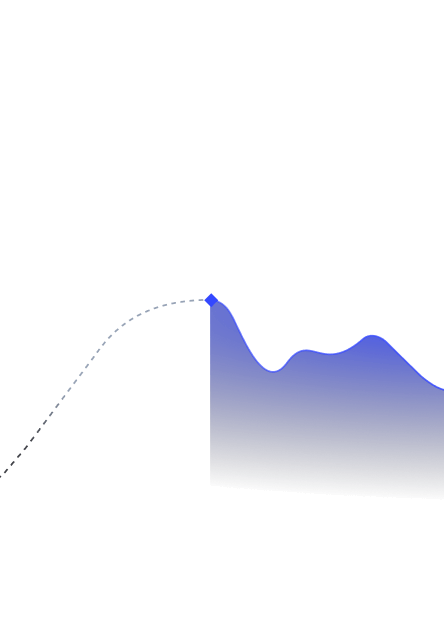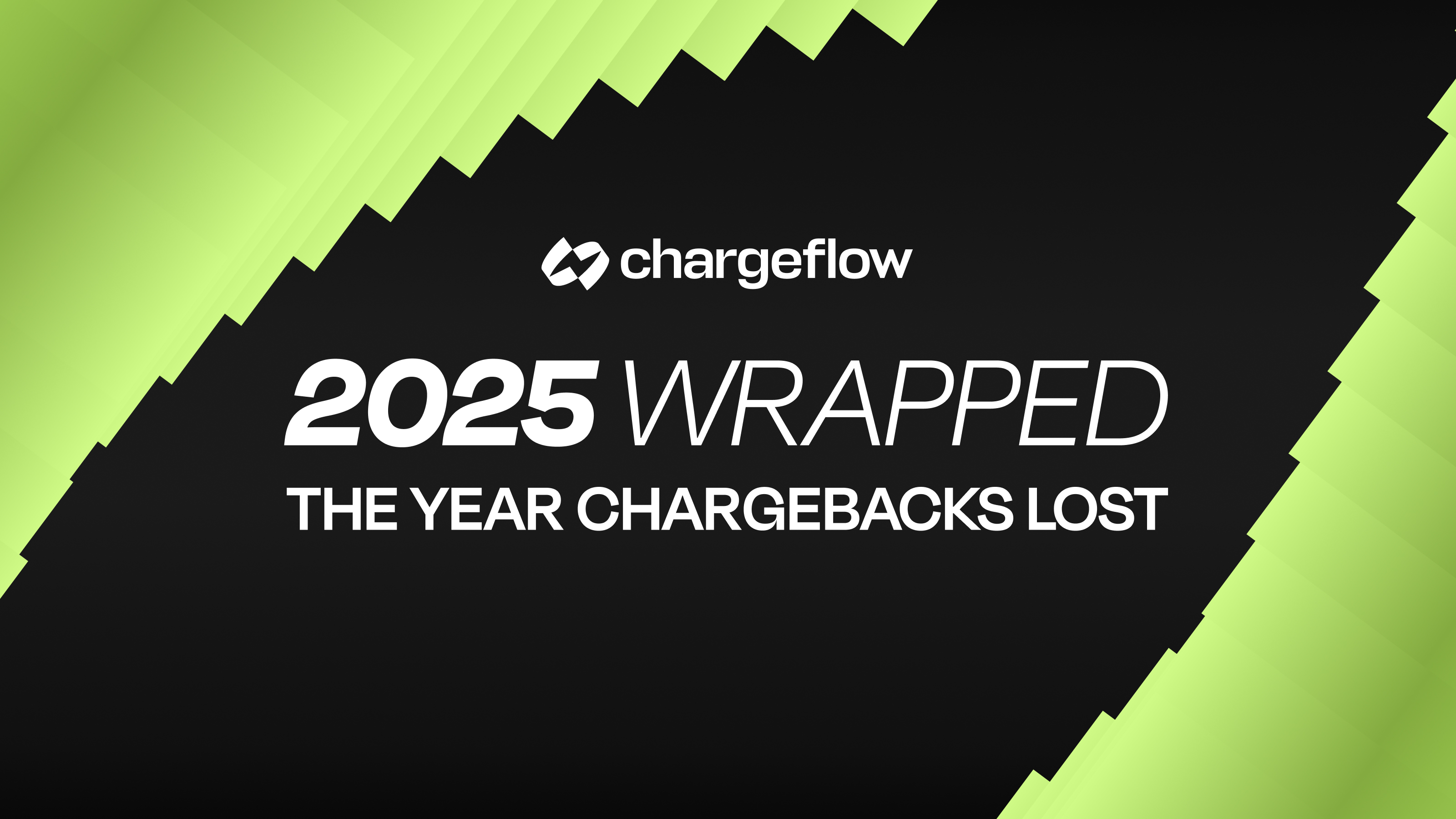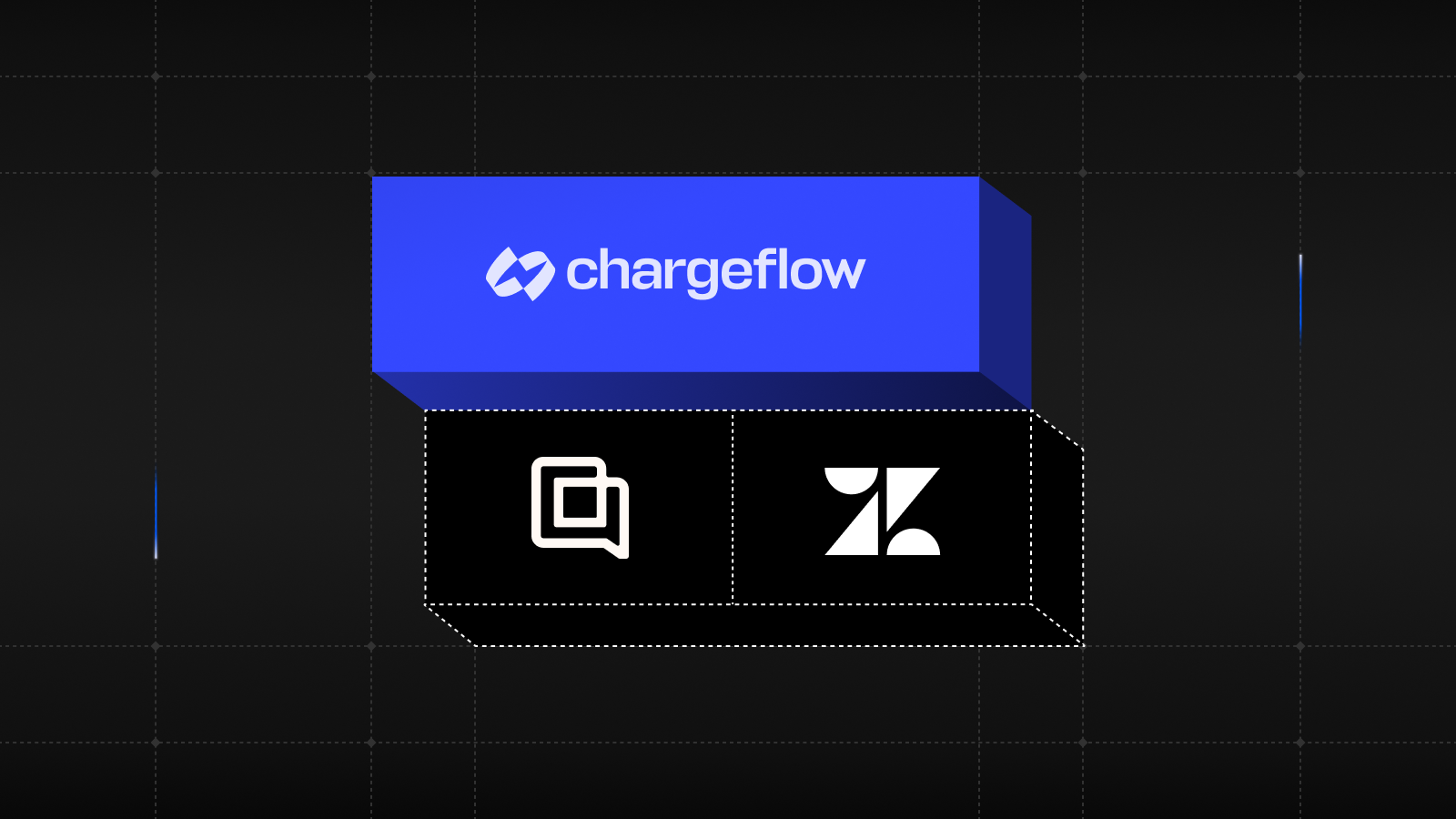Jan 28, 2024
Chargeflow’s Top 50 Innovative eCommerce Brands of 2023

Chargebacks?
No longer your problem.
Recover 4x more chargebacks and prevent up to 90% of incoming ones, powered by AI and a global network of 15,000 merchants.
250+ reviews
No credit card needed.
TL;DR:
We're thrilled to finally unveil Chargeflow's first-ever list of the top 50 most innovative eCommerce brands worldwide. Who made the cut? Have a look!

Chargebacks?
No longer your problem.
Recover 4x more chargebacks and prevent up to 90% of incoming ones, powered by AI and a global network of 15,000 merchants.
192+ reviews
No credit card needed.
















































.png)








